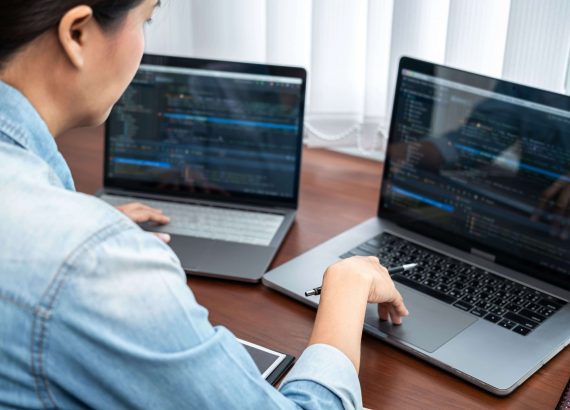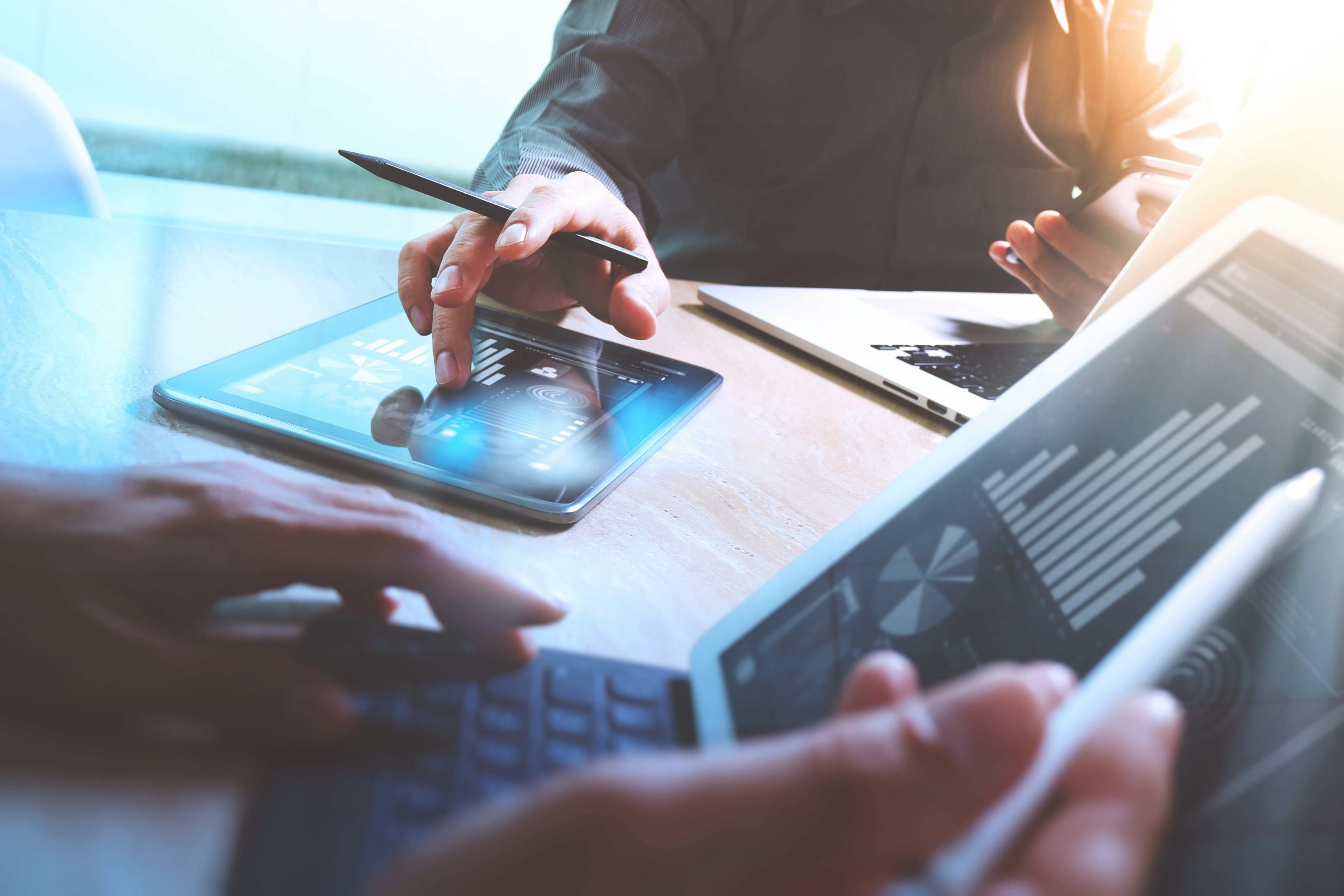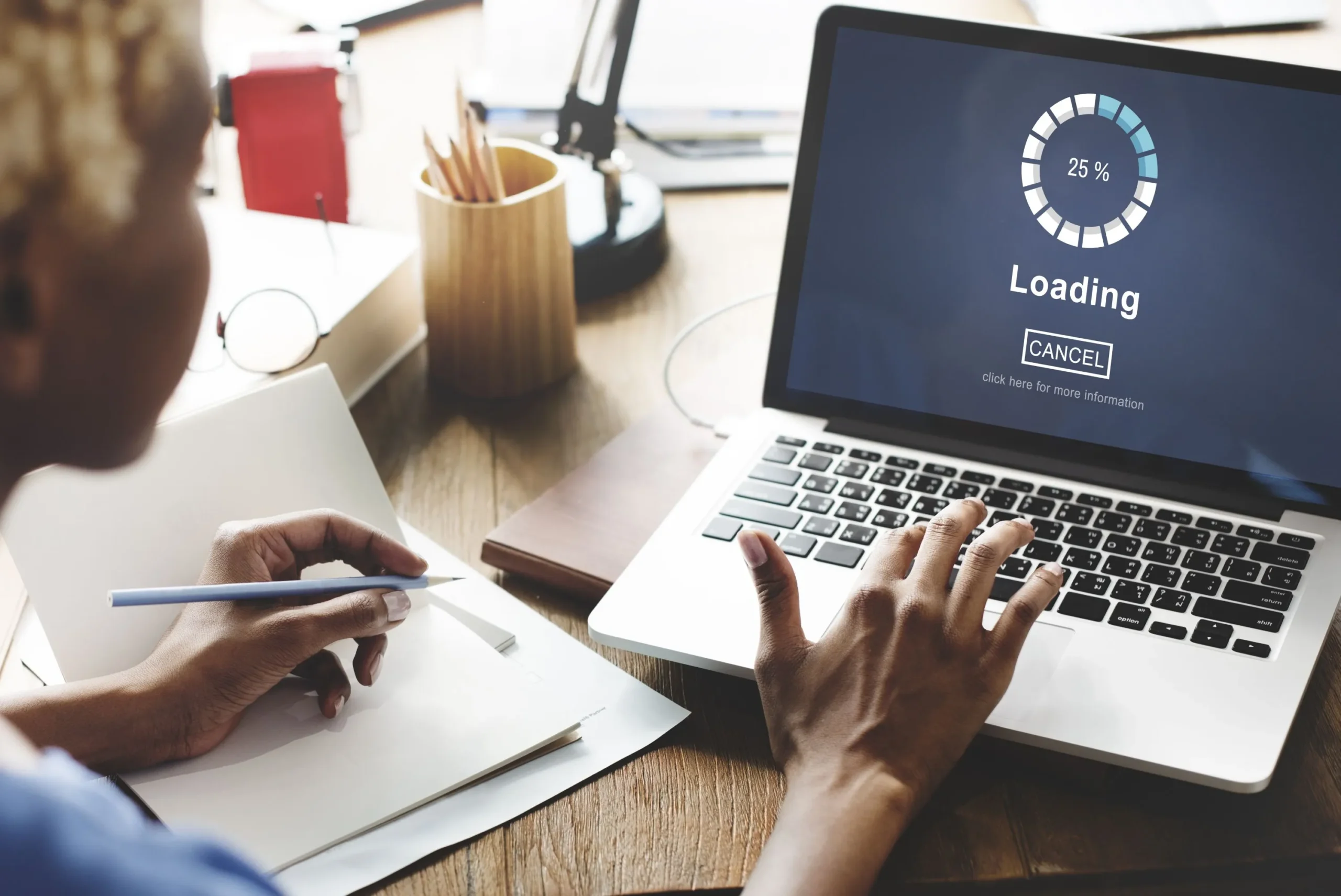If you’ve been on the internet lately, you might have heard the term “blockchain.” It’s used for cryptocurrency and to create NFTs, in video games, supply chains, and much, much more.
But what is exactly is blockchain? And how does it apply to your world?
First, let’s go over a little history.
The technology began with Bitcoin. Bitcoin is one of the most well-known digital currencies on the market today. That’s probably because the value of Bitcoin has skyrocketed since it first got its start in 2009, and blockchain was first used to record Bitcoin transactions in a secure, unchangeable way.
Since then, many other applications for blockchain have been developed beyond cryptocurrency. It’s all due to the technology at its core.
Blockchain technology.
Blockchain is basically an unalterable digital ledger that creates and tracks records, assets, and transactions.
A blockchain database stores data by encrypting it with a hash. Every subsequent transaction records this hash, chaining every transaction together in blocks. (See what we did there? ) The hash for each piece of data is unalterable and unique, which helps secure information stored in the blockchain.

Basically, it makes verifying transactions or records pretty easy, but it’s very difficult to change or alter the information. That’s because the ledger is also shared, distributed, and accessible by all.
Blockchain databases are shared by a network of computers known as nodes. Together, the nodes maintain and update any changes to the data, tracking and recording transactions as they occur. If a transaction happens on one computer within the blockchain network, it happens on the rest of the nodes, too.
Decentralized records.
By storing blockchain data on a network of computers, rather than in one central spot, the technology becomes “decentralized.” There is no one clearinghouse. There is no one data center. The entire network of nodes verifies transactions and records. Pretty cool, huh?
When it comes to Bitcoin, this process is known as “mining.”
As transactions occur on the blockchain, everyone involved can validate what is happening. There is no one person or company maintaining the database. All members of the blockchain can accept or reject changes made to the database as needed. As you can see, this creates a system of built-in checks and balances.
It all adds up to secure, authentic, and transparent data records that can be trusted.
How can you use blockchain?
Considering the layers of security and trust baked into blockchain transactions, it’s not hard to see how the technology has huge benefits for any kind of financial sector. There’s a reason why blockchain was first invented to handle cryptocurrency.
Currently, blockchain has major applications in buying and selling for both tangible and intangible assets. For example, you can sell or buy your house with blockchain. You can do the same thing with digital media or cryptocurrency, which is technically intangible.
Beyond the applications in financial technology, blockchain is also revolutionizing supply chains, healthcare, and government. Here’s how:
- In food supply chains, blockchain can trace food-borne disease and locate the origin. With that knowledge, any contaminated products can quickly be removed from the shelves of your favorite grocery store. So basically, this technology is even making your salad safer.
- Blockchain can safely and securely transfer sensitive data, like medical information.
- The technology can help make Internet of Things devices more secure, keeping your smart assistant or smart doorbell from getting hacked.
- The technology also traces diamonds and ensure their origin and authenticity. Now you can know that your bling is the real thing.
- Blockchain might even allow you to vote online in the future. It would work by verifying your identity as a voter and securely marking your vote in the system.
Perhaps most significantly, blockchain has major applications in identity management. With the technology, you can verify your identity online with a digital ID, keeping your personal data safe. If someone tries to pose as your digital identity, the shared database can refute that claim. In short, this technology is helping to prevent identity fraud or theft.
How blockchain will change the internet.
Currently, the internet is in the hands of a few major companies, like Facebook, Google, and Amazon. Because so many other online platforms use systems from these major companies in a centralized system, data hacks are not only possible but expected. It’s also possible to doctor photos and videos. Blockchain could help alleviate worrying about our data and distrusting the information we receive.

Without centralized storage from data, data hacks could be less prevalent, and it would be safer to shop online. The internet could become more user-centric, preserving digital identities across multiple platforms so you’ll only need to remember one password. Authentication will disrupt some of the less-than-savory aspects of the internet, like edited photos or deep fakes.
What else you need to know.
As with any technology, it’s important to know about both the advantages and disadvantages of blockchain. We’ve already discussed the numerous benefits, including decentralization, accuracy, and authenticity. But what about some of the drawbacks?
- The technology needs a lot – and we mean A LOT – of computer processing power to work, especially during mining. That means it can have major environmental impacts.
- The technology is also currently unregulated, which can lead to volatility in cryptocurrencies.
- With applications that could disrupt major financial institutions and big tech companies, this technology may be hotly contested and may not advance very quickly.
Even with the drawbacks, it’s hard not to be excited about the opportunities blockchain offers. This technology is breaking new ground in the way we bank, manage supply chains, and data privacy. It could even change the internet for the better (something we’re very invested in).
For more articles on emerging technology, visit the Learn section of the Quantum Fiber Explore blog.








